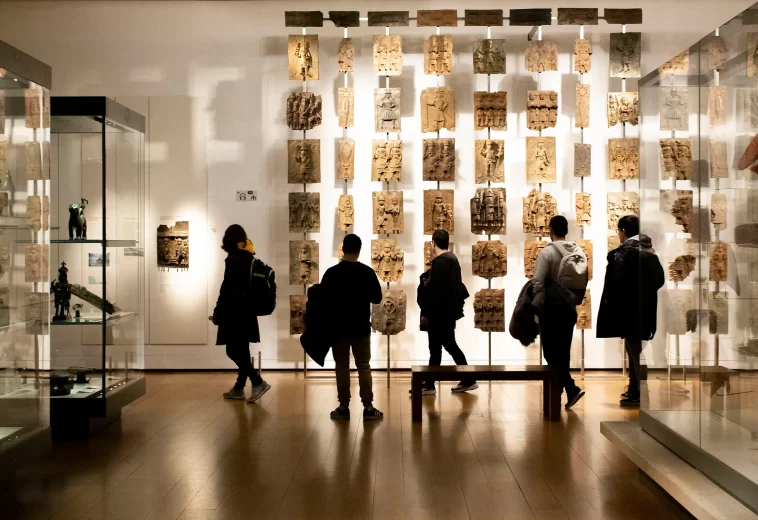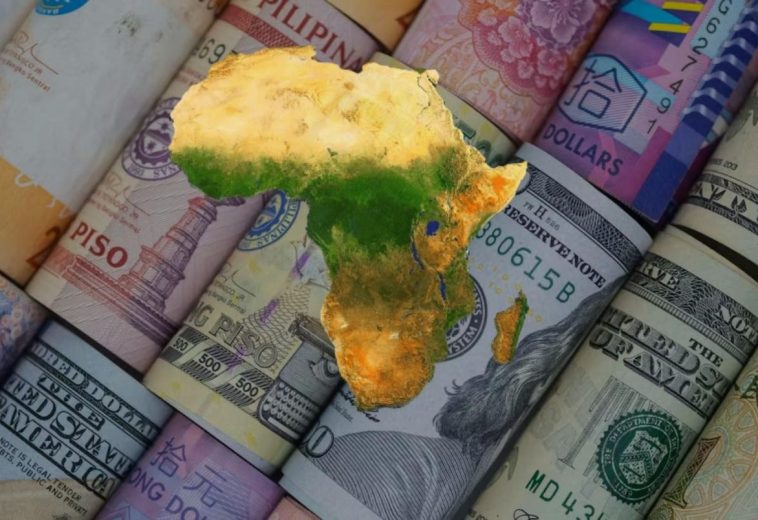In Africa, blue economy has emerged as a vital focus, promoting the sustainable use of ocean resources to drive economic growth, improve livelihoods, and protect marine health. Comprehensive ocean protection frameworks have become more crucial than ever.
Africa’s vast coastline of 30,500 kilometres is rich in marine resources and ecosystems, including coral reefs, mangroves, and seagrass beds. The continent’s Exclusive Economic Zones (EEZs), extending 200 nautical miles from its coastlines, provide African countries with the authority to harness these resources while promoting sustainable development.
The African Union estimates that the blue economy currently generates nearly US$300 billion for the continent, creating 49 million jobs in the process. These and other crucial benefits, notably food security, livelihoods, and biodiversity, are entirely dependent on the ocean’s health.
Africa’s blue economy has the potential to significantly boost the continent’s GDP, according to the United Nations Economic Commission for Africa (UNECA). By 2030, the blue economy is expected to contribute up to $1.5 trillion annually to the global economy, with several key sectors driving this growth. These sectors include fisheries and aquaculture, which provide employment and food security, generating billions of dollars in national revenue. Coastal and marine tourism also play a crucial role, attracting millions of tourists annually and contributing significantly to national economies.
In addition, Africa’s strategic location along major shipping routes positions the continent as a hub for trade and port-related activities, further boosting its economic prospects. Emerging sectors like marine biotechnology are also poised to make a significant impact on the continent’s economy.
The global blue economy framework is founded on the principles of sustainability, conservation, and equitable resource utilization. A suite of key international agreements provides the foundation for this approach. These agreements, including the United Nations Sustainable Development Goal 14 (SDG 14), the Paris Agreement, the Convention on Biological Diversity (CBD), and regulations by the International Maritime Organisation (IMO), address a range of pressing issues affecting the world’s oceans. Specifically, they tackle marine pollution, overfishing, and the devastating impacts of climate change on marine ecosystems.
As part of its blue economy strategy, Africa is proactively developing policies to protect its oceans and marine life, recognising the critical role they play in maintaining ecological balance and supporting biodiversity.
Progress and Economic Impact
Visible progress has been made across Africa in blue economy development, with a focus on sustainable fisheries management. Several countries have implemented measures to combat illegal, unreported, and unregulated (IUU) fishing, promoting a more sustainable approach to fisheries.
A total of 21 African countries, including South Africa, Kenya, the Seychelles, Mauritius, Namibia, Tanzania, Mozambique, Madagascar, Ghana, Nigeria, Senegal, Morocco, Tunisia, Algeria, Egypt, Liberia, Sierra Leone, Cape Verde, Comoros, Djibouti, and Somalia, have undertaken decisive measures to protect their oceans.
Marine Protected Areas (MPAs) in nations like the Seychelles and Kenya have been established to conserve marine biodiversity and foster eco-tourism. Additionally, marine renewable energy projects in South Africa and Mauritius are exploring the potential of offshore wind and wave energy.
Countries such as South Africa have enacted legislation like the National Environmental Management: Integrated Coastal Management Act, while Kenya has implemented the Marine Pollution (Prevention and Control) Act. Seychelles has also taken a proactive approach through its Marine Spatial Planning initiative. As a result of these efforts, over 500 individuals have been arrested for violating ocean protection regulations.
READ ALSO: Turquoise Treasures: How Zanzibar’s Blue Economy is Revolutionising Island Livelihoods
The African Union has invested in initiatives that support research and capacity building in marine sciences, such as the Western Indian Ocean Marine Science Association (WIOMSA) under the Nairobi Convention. African governments and international partners have committed substantial financial resources to support Blue Economy initiatives. The African Development Bank, for instance, has pledged $25 billion to support Africa’s goal of achieving self-sufficiency in food by 2030.
Africa’s ocean protection framework demonstrates its commitment to sustainable development and climate resilience. The journey is already yielding economic and environmental benefits, driving GDP growth and sustainable livelihoods. To unlock the full potential of its marine resources, Africa must continue to collaborate with governments, organisations, and private stakeholders. By doing so, Africa can capitalise on the blue economy’s vast opportunities while ensuring a sustainable future.


